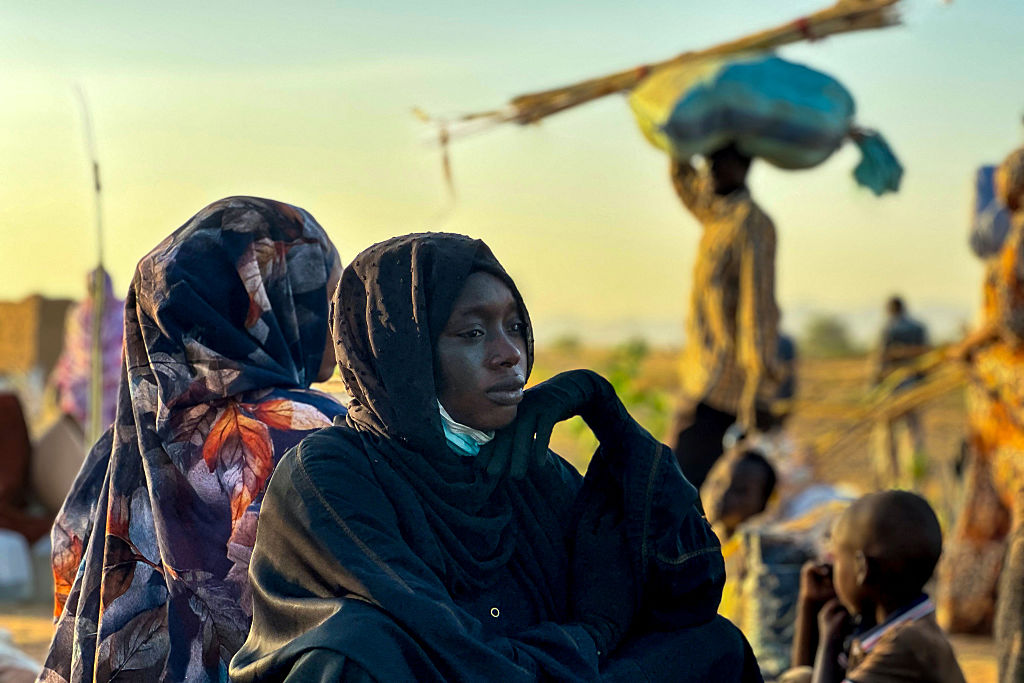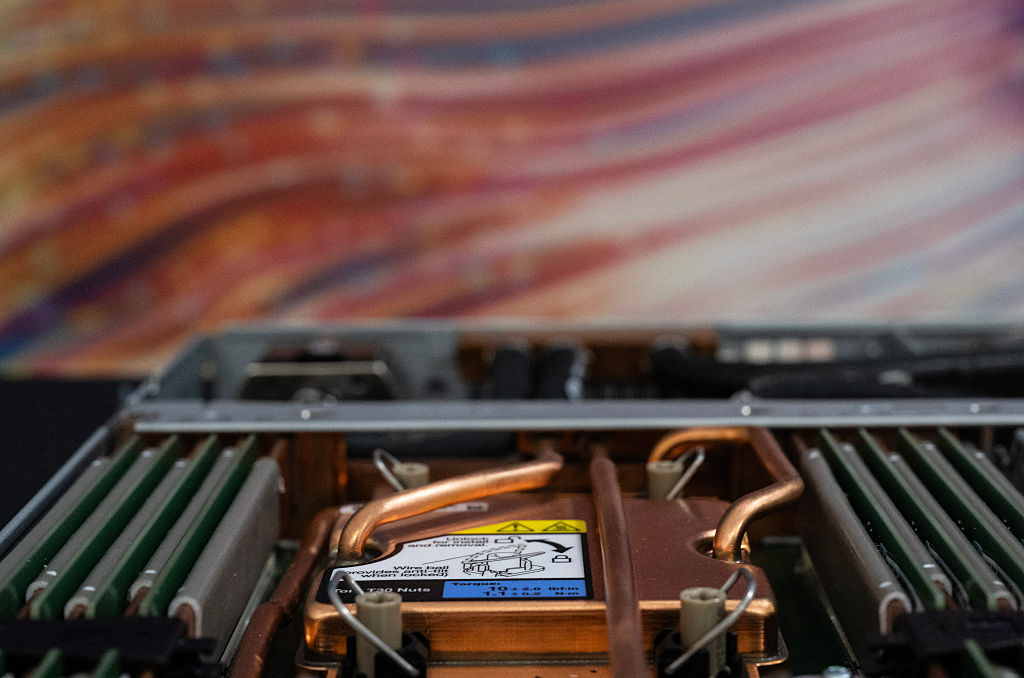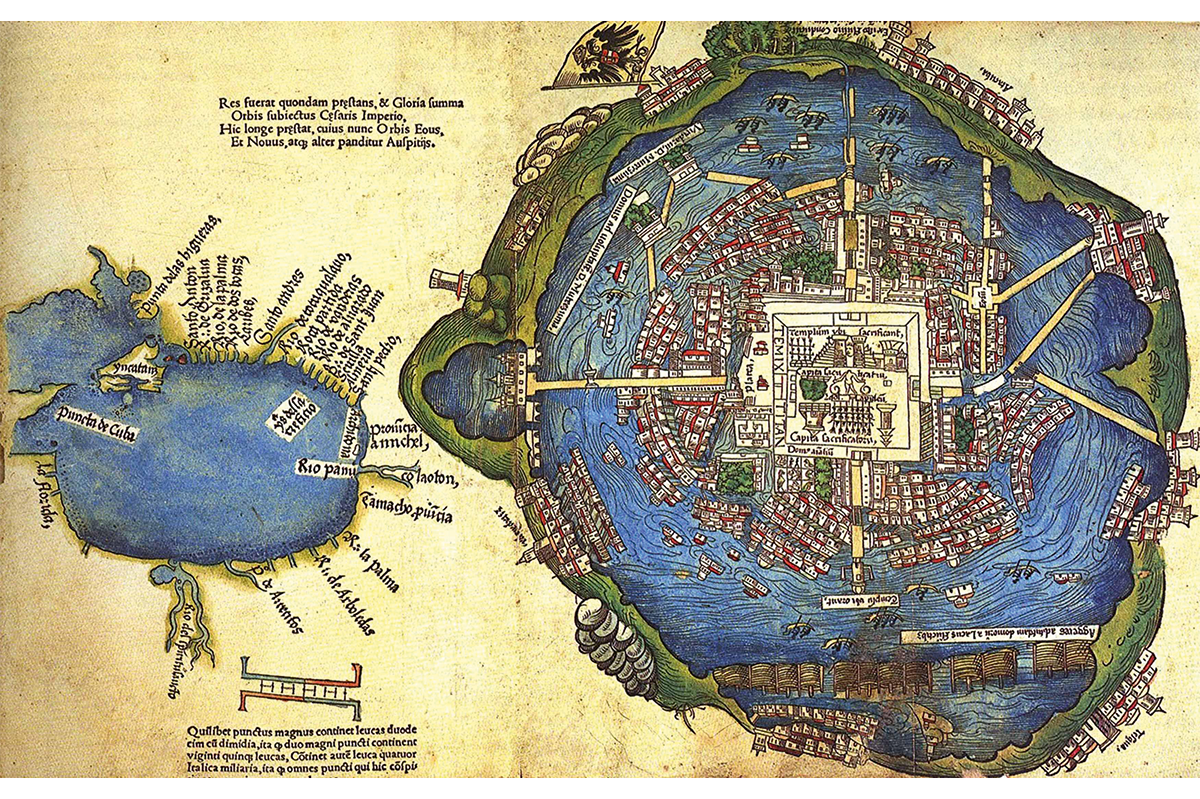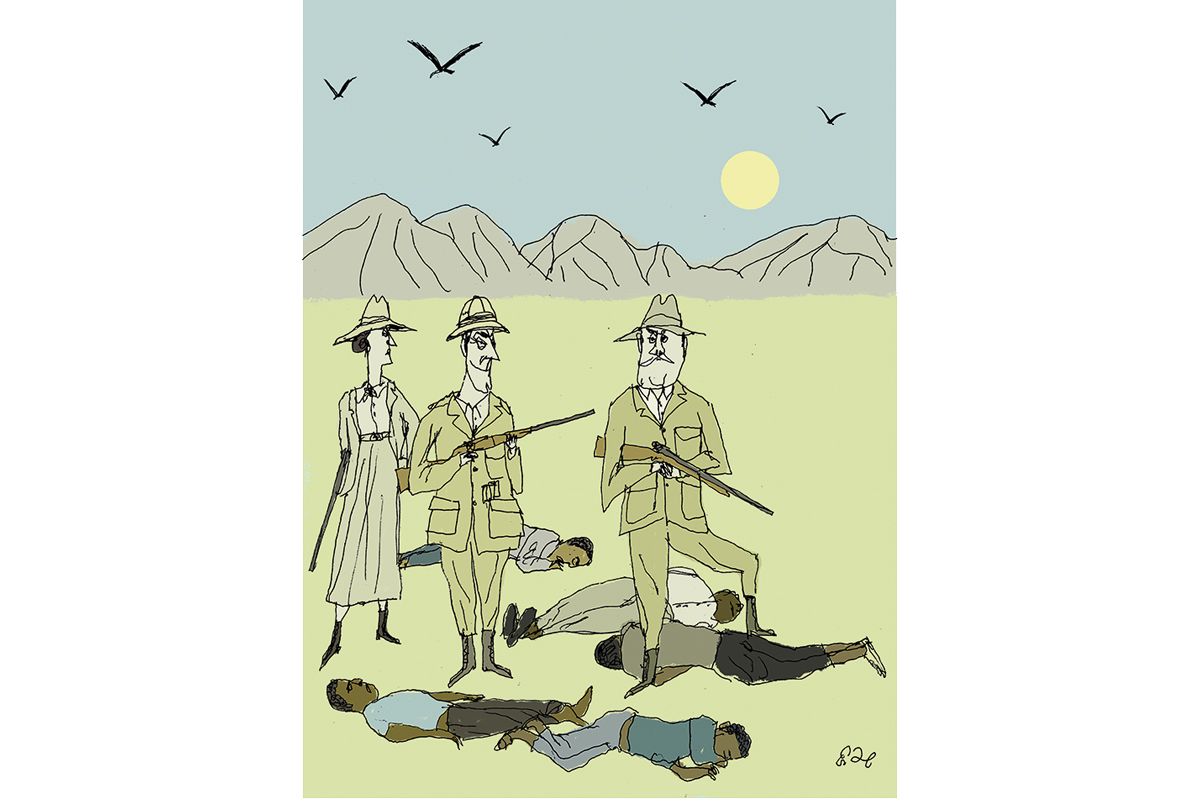The city of El Fasher, long a symbolic and strategic stronghold in Darfur, has in recent days become the site of atrocities so grave that the United Nations has openly warned of the risk of genocide. Videos reviewed by the Office of the High Commissioner for Human Rights show scores of unarmed men executed in cold blood, some lying dead at the feet of Rapid Support Forces fighters, others dragged off and detained. Journalists and aid workers have disappeared. The last remaining functional hospital was shelled, killing patients and staff. The Saudi Maternity Hospital, once a rare lifeline, is now a mass grave.
Volker Türk, the UN High Commissioner for Human Rights, has confirmed that his office is receiving “multiple, alarming reports” of summary executions and ethnically motivated killings. He has also warned of sexual violence, the targeting of civilians, and the use of starvation as a weapon.
In January 2025, the United States government officially recognized the situation in Darfur as a genocide. That designation was based on documented patterns of targeted violence against the Masalit and other ethnic groups, carried out by the RSF with deliberate and systematic brutality. What is happening in El Fasher now appears to be a continuation of that same pattern, on a new and terrifying scale.
Yet despite this, global attention has been almost non-existent. There are no viral campaigns, no slogans echoing across protest marches, no campus occupations. The cultural and political forces that mobilized with speed and intensity over Gaza have, in the case of Sudan, fallen almost entirely silent. The contrast is stark.
The numbers speak with grim clarity. The Sudanese conflict has killed at least 150,000 people, displaced over ten million, and according to some reports starved thousands of children. Entire cities have been razed. Bodies lie buried in shallow graves along roadsides. And still, the attention from media, advocacy groups, and international institutions pales into insignificance when compared with the hysteria over Gaza.
This dissonance raises uncomfortable questions. Why does a genocide carried out by paramilitaries with a documented record of mass atrocities provoke so little public response? Why has the legacy of the Janjaweed, now rebranded as the RSF, not inspired the same moral mobilization as other contemporary crises? It cannot be for lack of evidence. Nor can it be due to the complexity of the conflict, for the situation in Gaza is hardly less contested or politicized. The absence of Sudan from the activist conscience is hard to explain.
Perhaps it’s a case of ideological selectivity. The Gaza conflict fits into a broader matrix of anti-colonial, racial and political narratives that have been adopted by global protest movements. Sudan, by contrast, does not map easily onto these frameworks. There are no obvious Western powers to blame, no clean dichotomy of occupier and occupied. And so, the killing of Sudanese civilians, even on genocidal terms, fails to galvanize.
This is not an argument about proportionality. Every innocent civilian death is a tragedy, whether in Gaza, Sudan, or anywhere else. But the silence around Sudan is not merely an oversight. It is a revealing index of what captures the moral imagination of the world, and what does not. It suggests that certain atrocities only gain traction when they resonate with a pre-established political script, however transparently manipulated.
Dr Tedros Adhanom Ghebreyesus, head of the World Health Organization, has called the El Fasher hospital attack “horrific” and reiterated that “health care is not a target.” The Sudanese Journalists’ Syndicate has demanded the release of Muammar Ibrahim and warned that communications blackouts are placing civilians and reporters at grave risk. Such pleas relating to hospitals and journalists may sound familiar from a war where one side openly and deliberately abused medical facilities and the guise of journalists to carry out brutal terrorism and killing: that in Gaza. And still, in this case, the world barely blinks.
Sudan does not lack for suffering. What it lacks is a globalised network of advocacy targeting our media, schools, universities, pop concerts, fashion designs, and cultural institutions. The very experts and campaigners who demand accountability elsewhere must now be asked: why have they gone quiet here? If the war in Gaza is paused why has none of their energy to write open letters and organise marches been directed toward the dying in El Fasher?
I know the answer. Do you?
Activist silence over Sudan speaks volumes
Forces that mobilized over Gaza have, in the case of atrocities being committed in Sudan, fallen almost entirely silent

Sudanese refugees who fled from the Rapid Support Forces (Getty)
The city of El Fasher, long a symbolic and strategic stronghold in Darfur, has in recent days become the site of atrocities so grave that the United Nations has openly warned of the risk of genocide. Videos reviewed by the Office of the High Commissioner for Human Rights show scores of unarmed men executed in cold blood, some lying dead at the feet of Rapid Support Forces fighters, others dragged off and detained. Journalists and aid workers have disappeared. The last remaining functional hospital was shelled, killing patients and staff. The Saudi Maternity Hospital, once…

























Leave a Reply